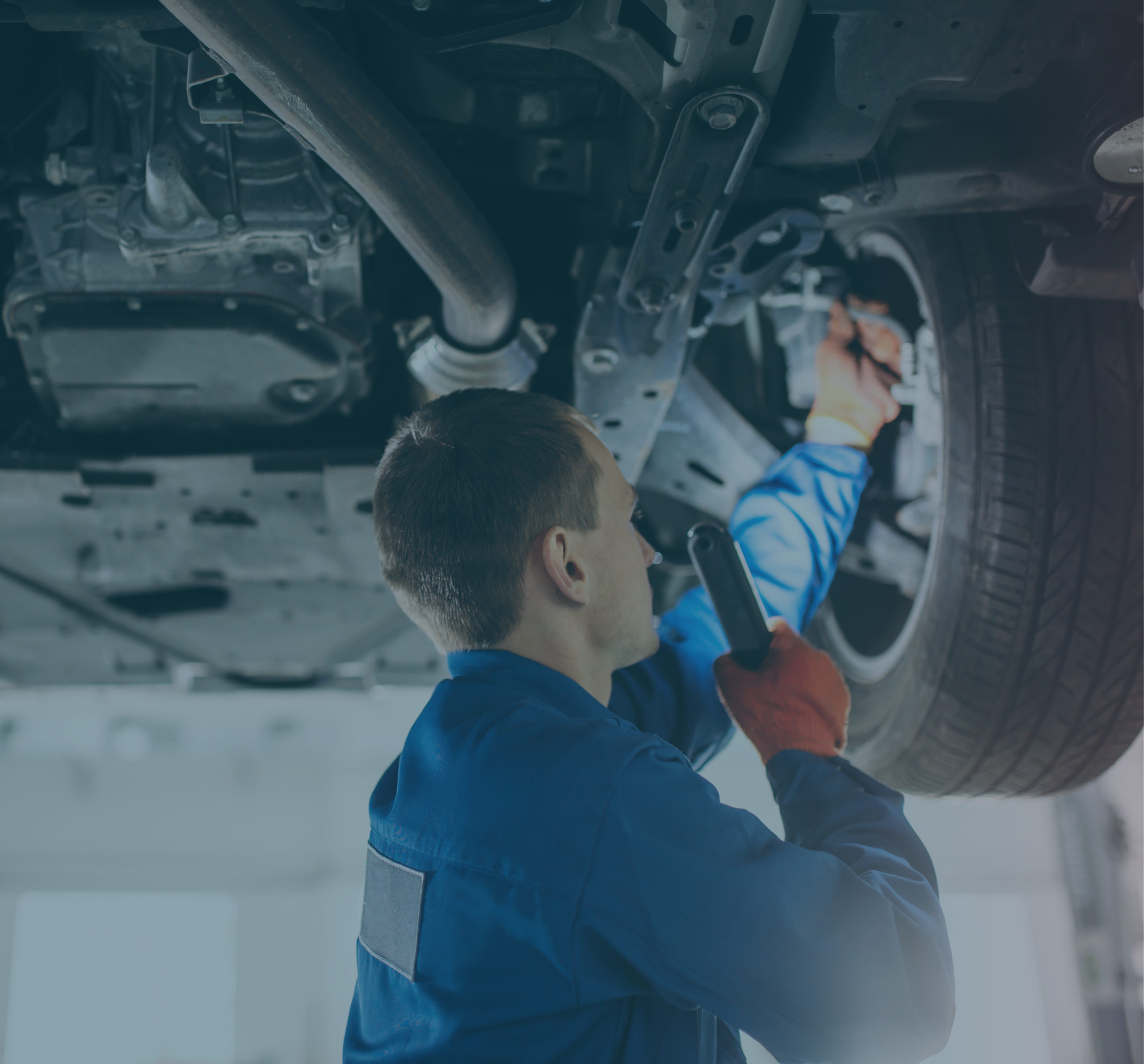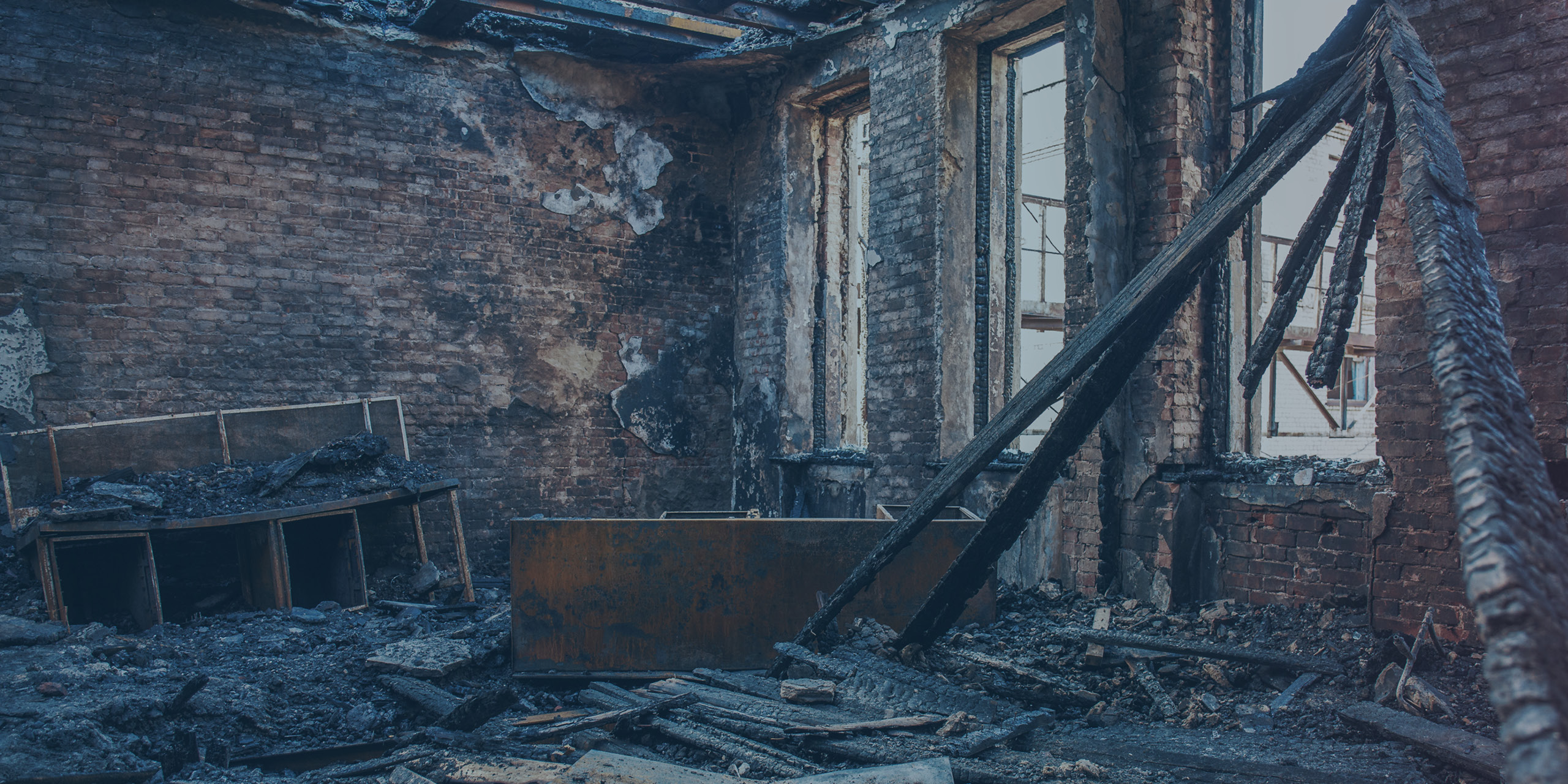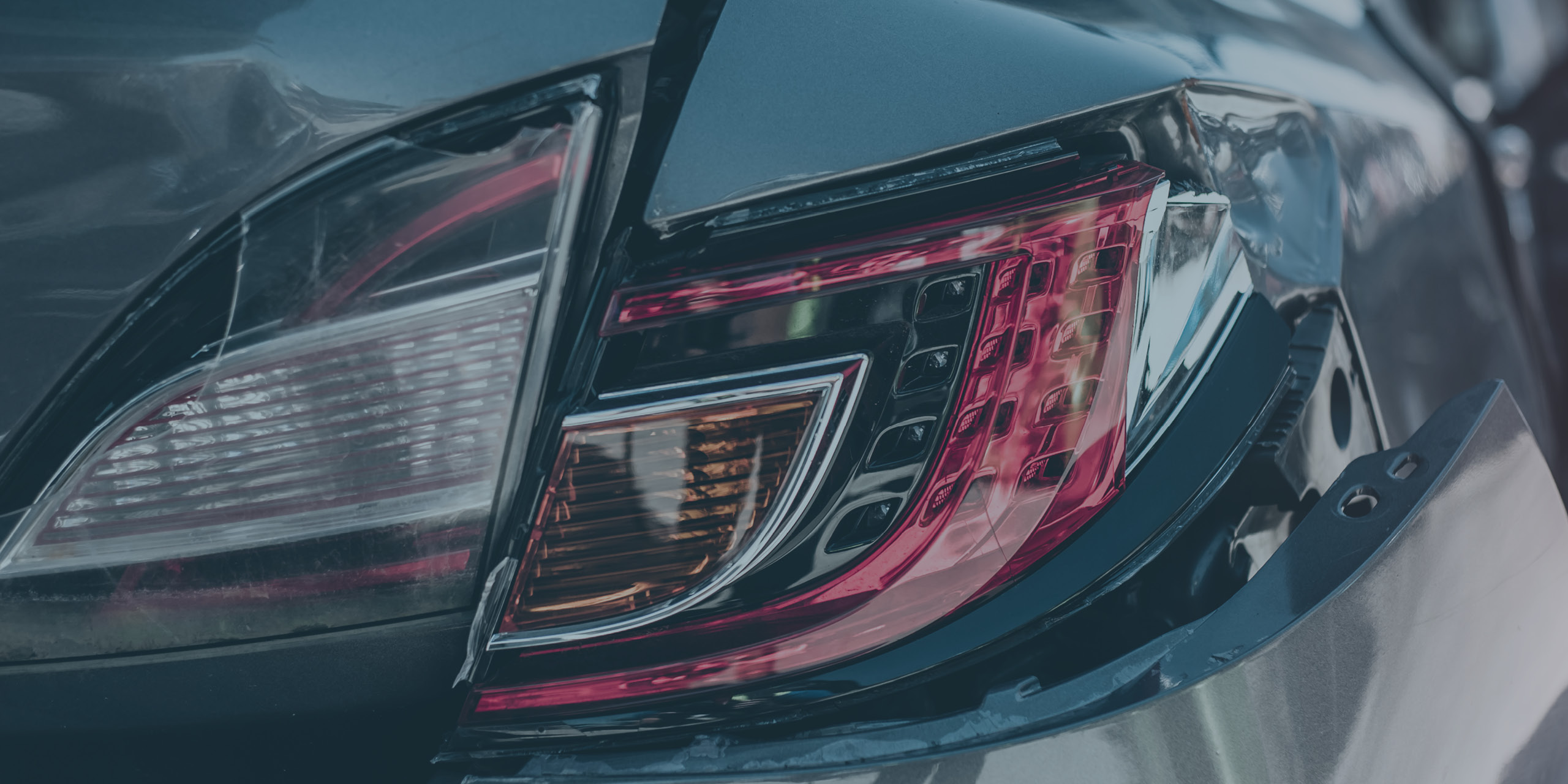How apprenticeships can provide a solution to skilled labour shortages in the motor repair industry
10th February 2022

A shortage of skilled labour is now the second biggest threat to the motor repair industry – compared to being ranked 10th in 2020. The challenge has been to find enough skilled labour to deal with the increasing demand as many workers have moved onto other industries for an increase in pay rates.
Our Training & Supply Chain Manager in Motor Engineering, Paul Price sheds light on how the motor repair industry can combat the skilled labour shortage by incorporating apprenticeships to train and develop new talent.
It’s essential to invest in talent
The UK repair industry has been heavily impacted by COVID as many skilled workers who were furloughed subsequently moved on to new jobs in other sectors. The annual Auto Body Professionals Club’s (ABP) report on the state of the UK body repair industry, published in September 2021, highlighted that there is a lack of young people coming into the industry, leading to a bidding war between repairers.
To combat this skills shortage, it is essential to invest in talent. We found that access to the Level 4 Vehicle Damage Apprenticeship was limited as very few training providers deliver this qualification. We therefore decided to use our own skills and technical expertise in vehicle damage assessment and engineering to ensure we have a sustainable pipeline of future talent – and launched our Vehicle Damage Assessor (VDA) apprenticeship programme. The apprenticeship is available to our employees and our clients’ employees.
The Vehicle Damage Assessor (VDA) apprenticeship
The VDA apprenticeship is a key focus area for us to ensure we can continue to deliver exceptional service levels to our customers and clients whilst being sustainable and future proof.
Apprentices on the programme develop their knowledge and technical expertise of modern vehicle technologies which include hybrid and electric vehicles and advanced driver assist systems as we move into an era of automated driving.
Apprenticeships and a wider commitment to continuous learning is key for the industry to build on existing skills and knowledge. This ensures we can manage claims for all vehicles with regards to safe repair methods that protect indemnity spend.
Developing apprenticeships and training for the future
A long-term plan with structured career pathways and development opportunities will help future talent develop the skills, knowledge, and behaviours that the insurance sector needs for the future. Our motor engineering academy is already an approved examination centre for the AQP (Appropriately Qualified Person), which is a qualification regarding vehicle salvage categorisation.
I see us growing our training academy to conduct examinations for the VDA apprenticeship. We want to provide a training solution in the motor industry that benefits both our own and insurers repair networks.
For more information on the Vehicle Damage Assessor apprenticeship, please contact our Training & Supply Chain Manager, Paul Price via paul.price@davies-group.com.
Related Articles
-
- Article
- Claims Solutions
- Legal Solutions
Housing disrepair: landlords and insurers beware!
As many predicted in the last 12 months, Claims Management Companies…
-
- Article
- Consulting
Why customer service scores are falling behind consumers’ expectations
This article was first published in Insurance Post. Chris Mcilduff, Chief…
-
- Article
- Claims Solutions
- Legal Solutions
Automated justice: striking the balance in injury claims
This article was first published in Legal Futures. No professional sector…
-
- Article
- Claims Solutions
A turbulent time for repairers – what can the industry expect in the next 12 months?
This article was first published in Insurance Times Matthew Stansfield, our…



